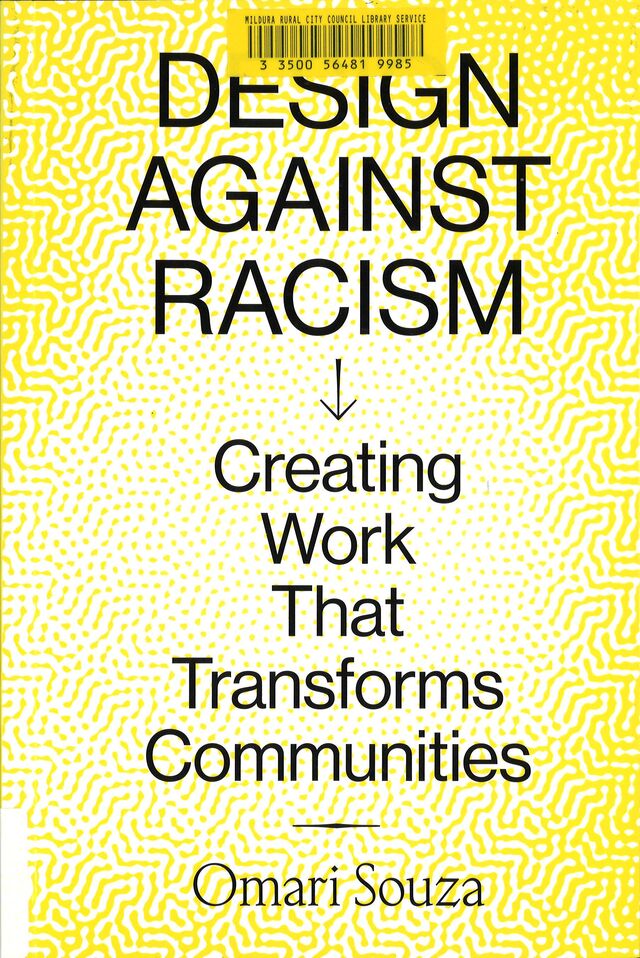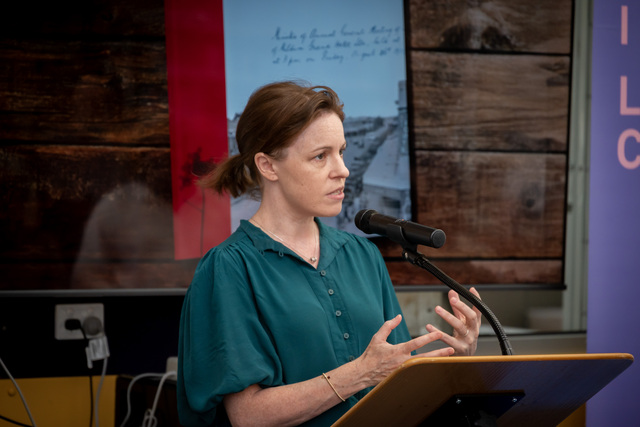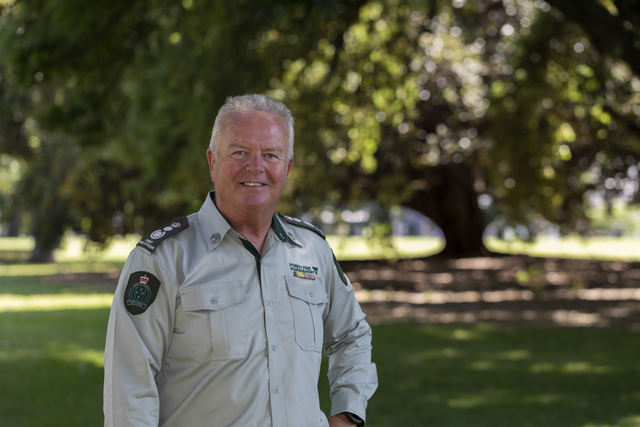By Dr Joanna Howe
IN a historic moment this week, The Nationals’ federal conference voted unanimously for the status resolution of undocumented migrants on farms.
Put simply, this means taking undocumented migrant farm workers out of a limbo world of precarity by giving them a right to legitimately work in Australia on farms.
It is highly significant the political party closest to farmers and the needs of regional communities is now speaking with one voice about the importance of this reform.
The leadership of Member for Mallee Anne Webster has been critical in drawing attention to this issue and advocating within The Nationals to adopt this status resolution policy.
The Nationals’ support for status resolution comes off the back of the government’s own independent inquiry into the future of the agriculture workforce which strongly recommended a one-off status resolution process for undocumented migrant farm workers.
The presence of undocumented workers on farms, estimated to be up to 100,000 workers, is the dark underbelly of a sector reliant on an overseas workforce to pick fresh fruit and vegetables.
This can no longer be ignored for three compelling reasons.
First, there are urgent public health reasons to incentivise undocumented farm workers to regularise their status.
Without status resolution, they will not get vaccinated as they risk deportation if they come forward to access medical treatment.
Second, status resolution will help address labour shortages.
Although the sector has struggled for many years with difficulties in recruiting and retaining harvest workers, this came to a head when border restrictions were introduced.
Although regularising the status of undocumented migrants will not increase the farm labour pool in Australia, it will improve the mobility of these workers.
They will be able to cross state borders and the vast majority of growers who do the right thing and previously would not have had access to undocumented workers will be able employ this substantial group.
Status regularisation is not a silver bullet for labour shortages on farms but will make a sizable contribution to addressing them.
The third reason for a one-off status resolution process for undocumented workers is that it is needed to remove the susceptibility of this group to exploitation.
Because undocumented migrants typically access farm work through dodgy contractors and have no right to work in Australia, they cannot report wage theft to the Fair Work Ombudsman or access help to remedy exploitation.
The main argument that opponents of status resolution raise is that it sets a bad precedent and will create a perverse incentive for illegal immigration once borders reopen.
This is a lazy argument which is not supported by the evidence.
First, this is not a proposal for a blanket amnesty but for a one-off status resolution process justified on the basis of the pandemic.
COVID-19 is clearly an exceptional, unprecedented circumstance.
If status resolution is introduced, it will have been more than 41 years since the last status resolution policy.
Who would move to a country in anticipation of living underground and working in exploitative jobs, just for the chance they’d get to start on a path to citizenship four decades later?
Second, research from other countries shows that status resolution does not lead to increased illegal immigration if a legal pathway is created and it is accompanied by strong border management. Once undocumented migrants have their status resolved, the government needs to do everything in its power to police the border, enforce labour standards on farms and expand existing visa programs so that there are legitimate, legal pathways for migrants to work in horticulture in Australia.
If agriculture is to become a $100 billion industry, expansion of existing visa programs is essential.
Third, the New Zealand experience demonstrates that the best way to stop ongoing reliance on illegal labour is for the farm industry to step up.
In Australia, the National Farmers Federation and AusVeg need to invest resources, like Horticulture NZ has done, in calling out those who have a business model of relying on dodgy contractors supplying illegal labour.
Finally, it is important to acknowledge that undocumented migrants are typically visa overstayers.
They come by plane so it is possible for government to introduce better risk management and tracing systems.
This is challenging in a country of Australia’s size and geography but border authorities should have a better handle on how offshore criminal networks exploit vulnerable temporary migrants and channel them onto farms.
With broad support for status resolution continuing to grow, it is vital to get the model right.
The evidence from abroad suggests that the status resolution framework must have a strong incentive to encourage the vast majority of undocumented migrants to come forward.
In my report, Out of the Shadows: A Case for Status Resolution for Undocumented Migrant Farm Workers, I propose a four-year temporary work visa with a pathway to permanent residency after two years.
The latter is essential to ensure the integrity of the visa, its attractiveness to undocumented migrants and to guarantee growers with a sustainable pipeline of trained, experienced and productive workers.
Although the pandemic has brought so much pain to the horticulture sector through border restrictions, The Nationals’ courageous support for status resolution means there is now an opportunity for a reset for a sector that has been beset with labour shortages and exploitation for decades.
Dr Joanna Howe is an Associate Professor at the University of Adelaide Law School








